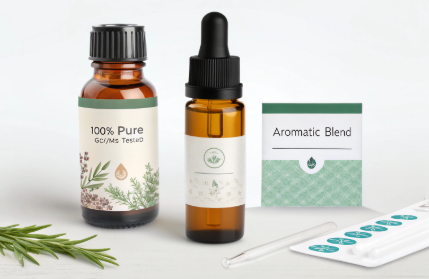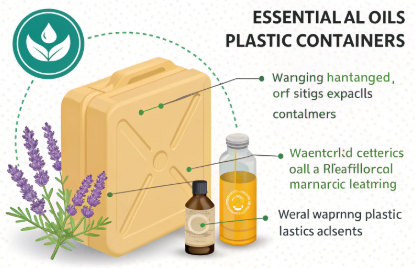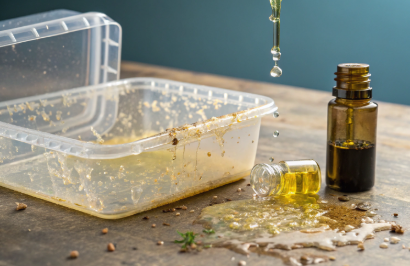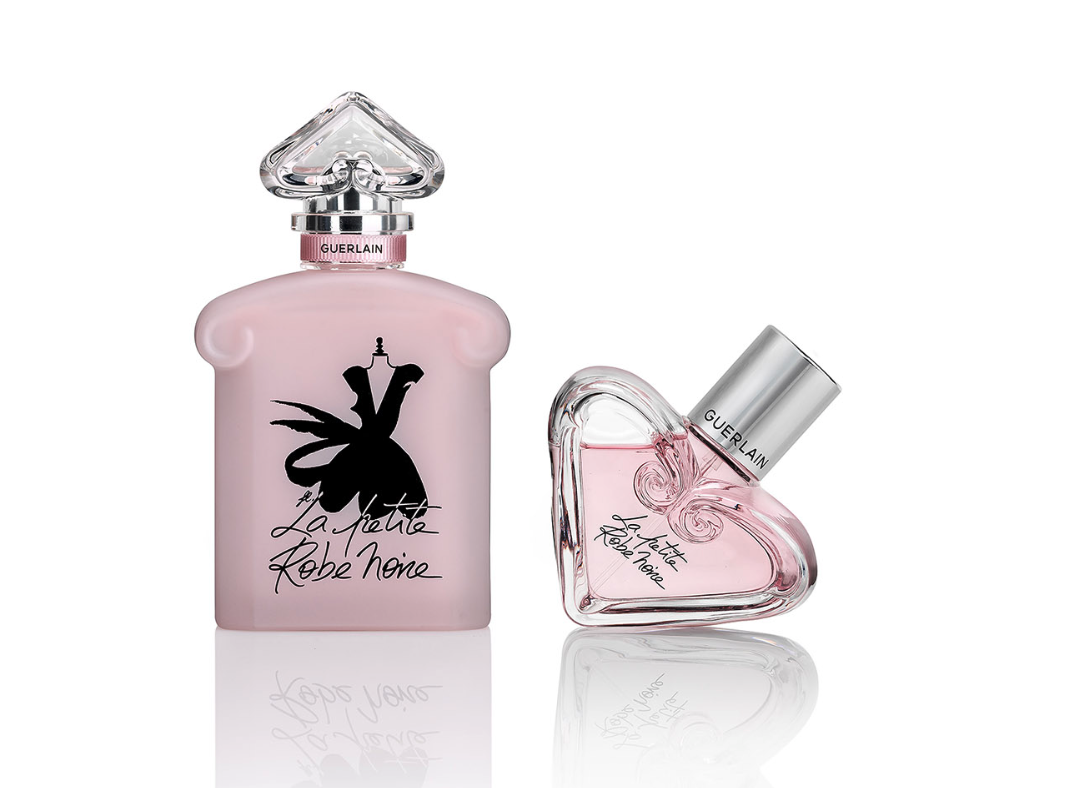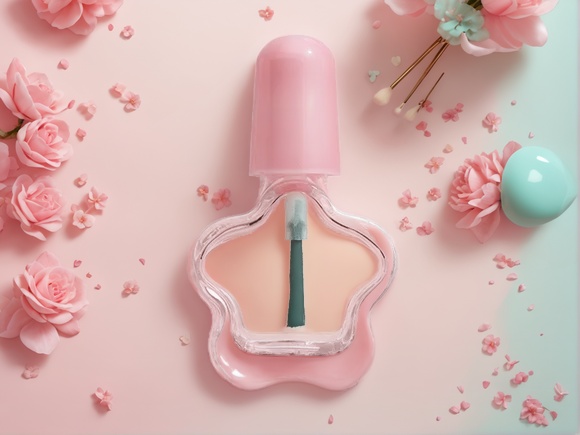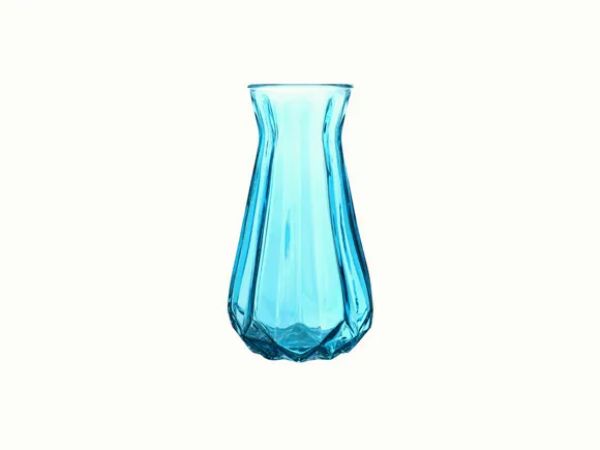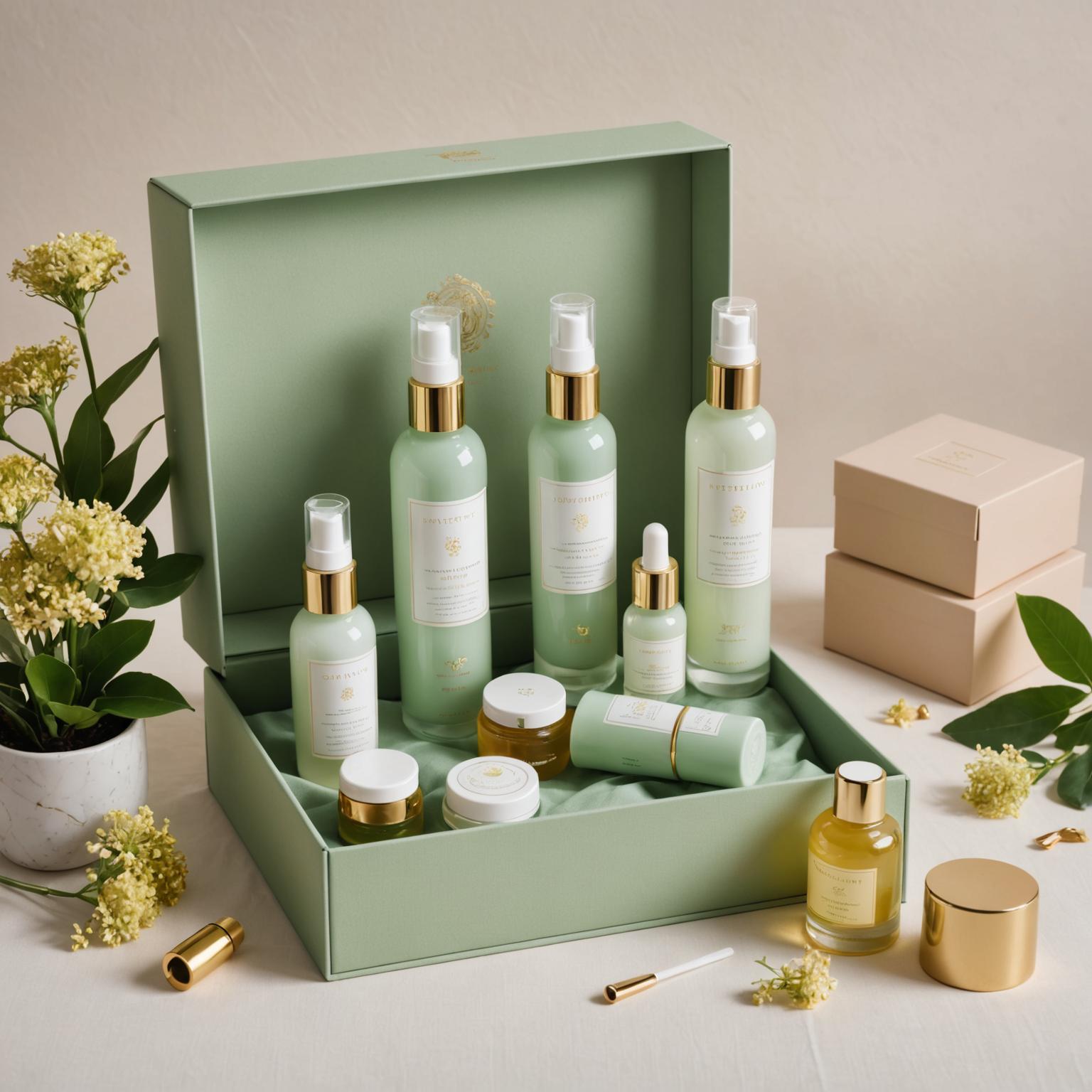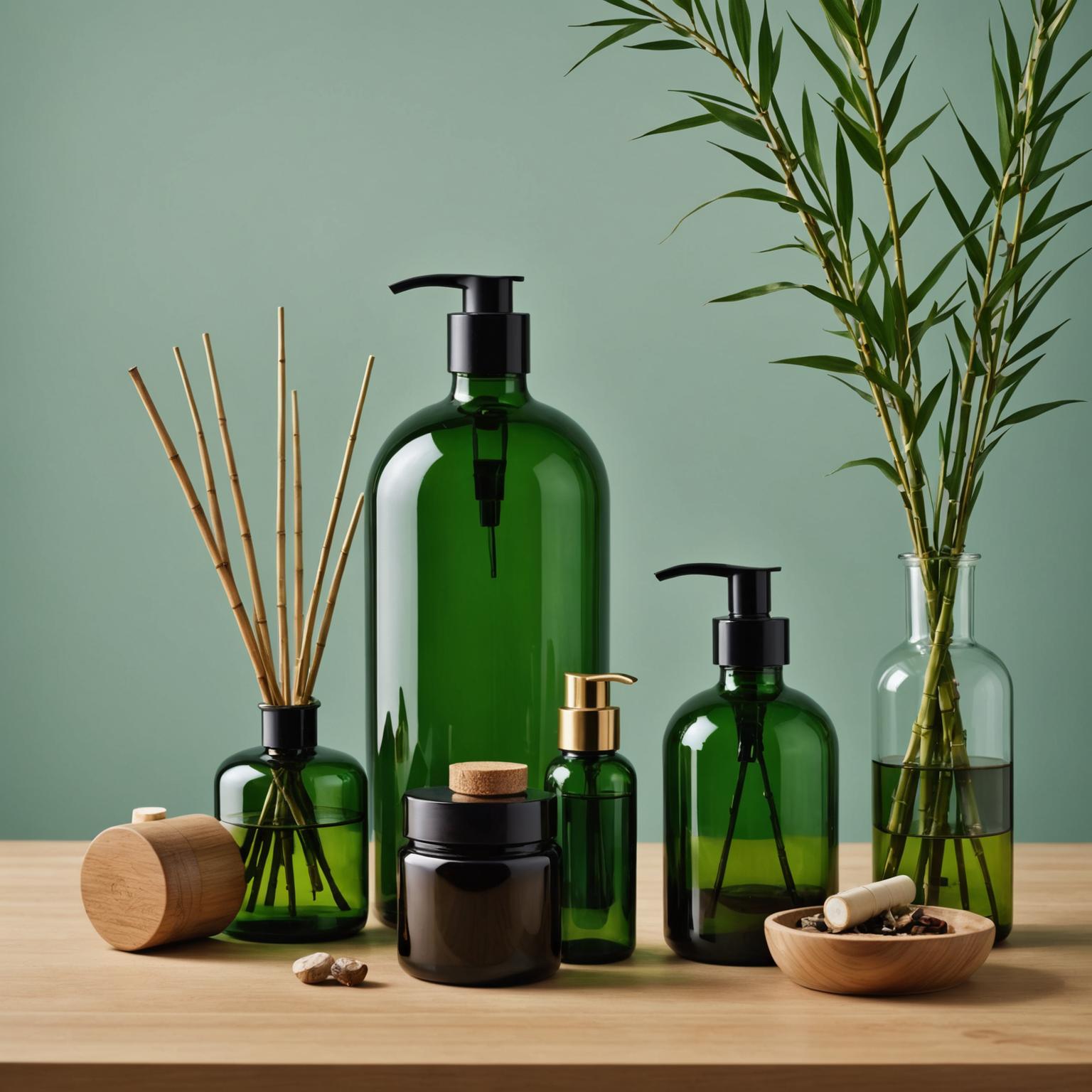You’ve probably heard the warning: never store essential oils in plastic containers. But why does this happen—and how exactly does a natural oil melt something as strong as plastic?
Essential oils break down plastic because they contain volatile organic compounds (VOCs) that act as solvents, dissolving or weakening plastic materials over time. This causes leaching, warping, or structural failure.
Let’s explore the chemistry behind this, and what it means for safe packaging and long-term product integrity.
Why does essential oil break down plastic?
Not all plastics are oil-proof—many are oil-prone.
Essential oils break down plastic because their concentrated solvents dissolve the molecular bonds in certain plastic types, especially low-grade ones like PET, PS, or PVC.
Dive Deeper: The Chemistry of Damage
Essential oils are made up of tiny, powerful molecules—terpenes, alcohols, esters, ketones—which are great for wellness, but brutal on plastics.
These compounds:
-
Penetrate plastic polymers
-
Cause swelling, softening, or cracking
-
Leach chemical residues back into the oil
At PauPack, we never recommend storing oils in plastic containers unless they’re specifically tested for chemical resistance, like HDPE or PP (for short-term use).
Safe Plastics for Short-Term Contact:
| Plastic Type | Safe for EO? | Use Case |
|---|---|---|
| HDPE | Yes | Bulk shipping or refill stations |
| PP | Moderate | Dropper caps, sprayers |
| PET/PVC/PS | No | Warps, leaks, chemical leaching |
Why does oil dissolve plastic?
Oils and plastics can look stable—until chemistry says otherwise.
Oil dissolves plastic when its molecular structure acts like a solvent, breaking down the polymer chains that hold plastic together. This reaction is especially fast with aromatic and citrus oils.
Dive Deeper: Solvent vs. Structure
Essential oils are lipophilic (fat-loving) and chemically active. When they come into contact with plastics, especially soft or porous types:
-
They absorb into the material
-
Break carbon-based bonds
-
Lead to clouding, pitting, or full structural failure
This is similar to how acetone removes nail polish—different liquid, same solvent effect.
That’s why at PauPack, all primary oil packaging is glass by default. For caps and accessories, we use tested PP/PE components with oil compatibility certifications.
Do fragrance oils melt plastic?
Fragrance oils may smell sweet—but they act just as aggressively.
Yes, fragrance oils can melt or warp plastic, especially if they are essential oil-based or contain strong solvents like phthalates or aldehydes.
Dive Deeper: What Makes Fragrance Oils So Potent?
Fragrance oils are often made with:
-
Essential oil bases
-
Carrier solvents (like dipropylene glycol or ethanol)
-
Synthetic aroma chemicals
These ingredients can break down plasticizers in containers, causing:
-
Sticky residue
-
Bottle cloudiness
-
Cracking or melting at contact points
For this reason, PauPack recommends:
-
Glass storage for both essential and fragrance oils
-
Barrier-coated plastics only when glass isn’t an option
-
Foil-sealed or lined caps to avoid contact leakage
Why do essential oils melt styrofoam?
Ever seen essential oil touch Styrofoam? It’s instant destruction.
Essential oils melt Styrofoam (polystyrene) because they dissolve the weak polymer chains that hold the foam together—literally liquefying it upon contact.
Dive Deeper: Why This Happens Instantly
Polystyrene is made of lightweight, air-filled polymer beads—extremely porous and weak against solvents.
Essential oils:
-
Immediately penetrate the surface
-
Break apart bonds
-
Collapse the foam structure
This is a clear warning about using oils near cheap packaging or filler materials.
At PauPack, we design custom inserts made from oil-resistant EVA foam, molded pulp, or rigid board—all tested to resist spills and preserve packaging shape.
Conclusion
Essential oils are powerful natural solvents—and plastics just aren’t strong enough to contain them long-term. At PauPack, we use glass-first packaging and oil-resistant materials to keep your formulas safe, stable, and shelf-ready.




